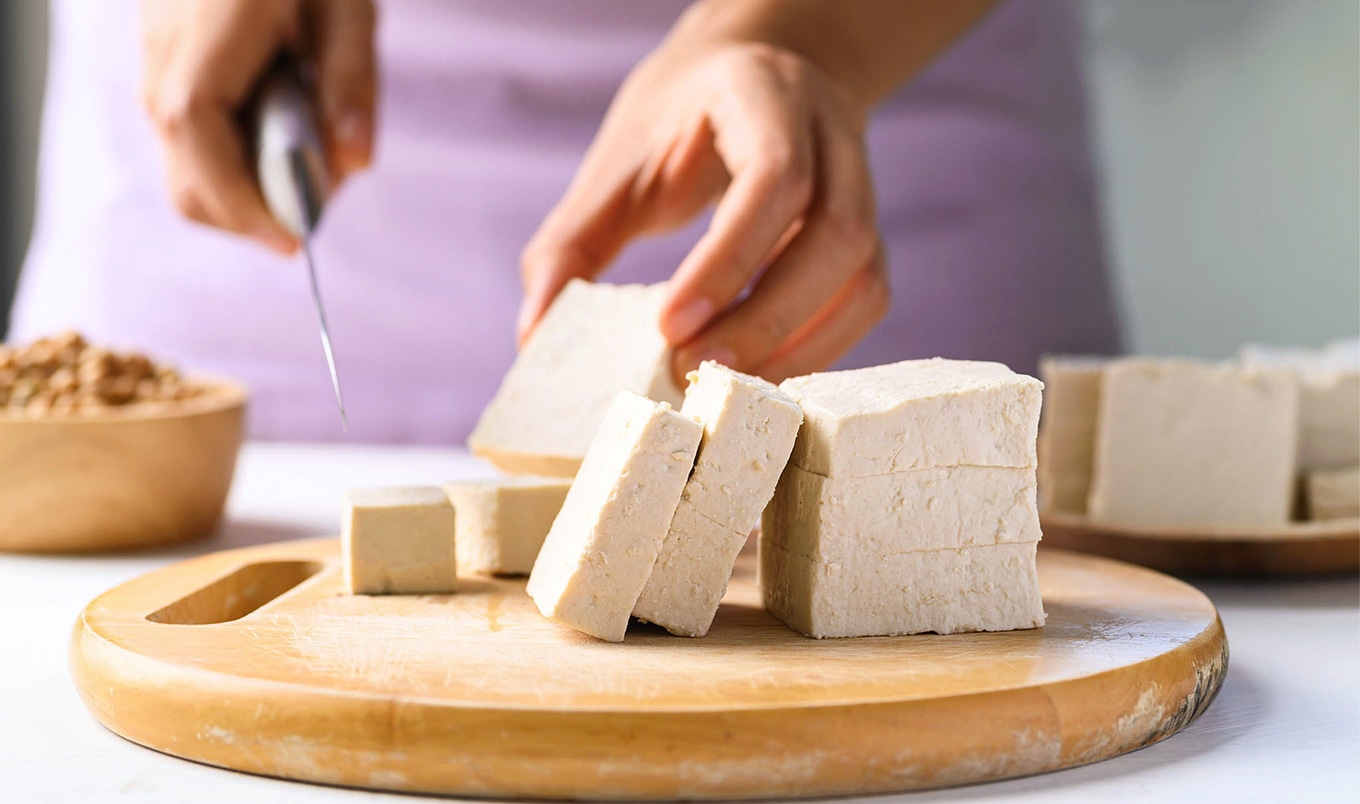A healthy diet can play a crucial role in maintaining cognitive abilities throughout life, from childhood to old age, according to two new studies presented this week at Nutrition 2024, the American Society for Nutrition’s flagship annual meeting in Chicago.
These studies highlight the impact of diet quality on cognitive function and the specific benefits of soy products for children, offering new insights into how dietary choices can influence lifelong brain health.
Diet quality and lifelong cognitive health
The first study, part of the National Survey of Health and Development, tracked more than 3,000 participants between the ages of 4 and 70. Researchers found that those who maintained a high-quality diet throughout their lives exhibited better cognitive abilities in later years.

Only 8 percent of participants with low-quality diets sustained high cognitive ability over time, while just 7 percent of those with high-quality diets showed low cognitive ability.
Kelly Cara, PhD, from the Gerald J. and Dorothy R. Friedman School of Nutrition Science and Policy at Tufts University, explained that this study underscores the importance of establishing healthy dietary patterns early in life.
“Our findings also provide new evidence suggesting that improvements to dietary patterns up to midlife may influence cognitive performance and help mitigate, or lessen, cognitive decline in later years,” Cara said in a statement.
The study tracked participants’ dietary intakes and cognitive outcomes over seven decades, finding a strong correlation between high diet quality and sustained cognitive ability.
High-quality diets were characterized by higher consumption of vegetables, fruits, legumes, and whole grains, and lower intake of sodium, added sugars, and refined grains.
Participants who adhered to such diets showed better working memory, processing speed, and general cognitive performance into their late 60s and early 70s.
Soy products and children’s cognitive abilities
The second study focused on the cognitive benefits of soy products for school-aged children. Researchers from the University of Illinois Urbana-Champaign found that children who consumed more isoflavones from soy foods exhibited better thinking abilities and attention.
 Adobe Stock
Adobe Stock
Isoflavones are naturally occurring compounds found in soybeans, known for their health benefits in adults, but this study is among the first to highlight their impact on children.
“Soy foods are often not a regular part of children’s diets in the United States,” Ajla Bristina, a neuroscience doctoral student, said in a statement.
“Our study adds evidence of the importance of nutrients found in soy foods for childhood cognition,” Bristina said,
The study analyzed data from 128 children aged between 7 and 13, using diet records and cognitive tests. Children who consumed more soy foods showed faster responses during attentional tasks and exhibited faster processing speeds.
The researchers used a computerized task known as the flanker task while recording electroencephalographic (EEG) activity to measure information processing speed and attention.
Despite the low average intake of soy isoflavones among participants, those who consumed more soy foods demonstrated significant cognitive benefits.

Overall, the children consumed an average of 1.33mg of isoflavones per day, with individual intakes ranging from 0 to 35mg/day. To put this into perspective, an 8-ounce serving of soy milk provides approximately 28mg of isoflavones, a serving of tofu provides about 35mg, and half a cup of steamed edamame provides about 18mg of isoflavones.
For children, incorporating soy products into their diet can be particularly beneficial. Bristina suggests snacks like roasted edamame, soynuts, or soymilk, and meals including tofu, tempeh, or soy-based nuggets as good ways to increase soy intake.
Improving brain health through diet
The researchers from both studies emphasize the need for further research to understand the full impact of diet on cognitive health across diverse populations. They also call for intervention studies to explore the specific benefits of soy foods and the optimal intake levels for cognitive improvements in children.
But taken together, these studies provide valuable insights into the role of diet in cognitive health and offer practical recommendations for incorporating healthy foods, including soy products, into daily diets to support lifelong cognitive abilities.
While this is not medical advice, there are some clear ways that you can put the findings of these studies into practice.

1Increase plant-based foods
Focus on including a variety of vegetables, fruits, legumes, and whole grains in daily meals. These foods provide essential nutrients and antioxidants that support brain health.
 Alena Shekhovtcova/Pexels
Alena Shekhovtcova/Pexels
2Reduce processed foods
Limit the intake of sodium, added sugars, and refined grains. Processed foods can contribute to oxidative stress and inflammation, which negatively impact cognitive function.
 Cup of Couple/Pexels
Cup of Couple/Pexels
3Incorporate soy products
Introduce soy foods such as tofu, tempeh, soy milk, and edamame into meals and snacks. These foods are rich in isoflavones, which have been shown to support cognitive abilities in children.
 Getty
Getty
4Establish healthy eating patterns early
Encourage children to develop healthy eating habits from a young age. Early dietary habits can set the tone for lifelong eating patterns and cognitive health.
For more plant-based stories like this, read:
JUMP TO ... Latest News | Recipes | Guides | Health | Subscribe









